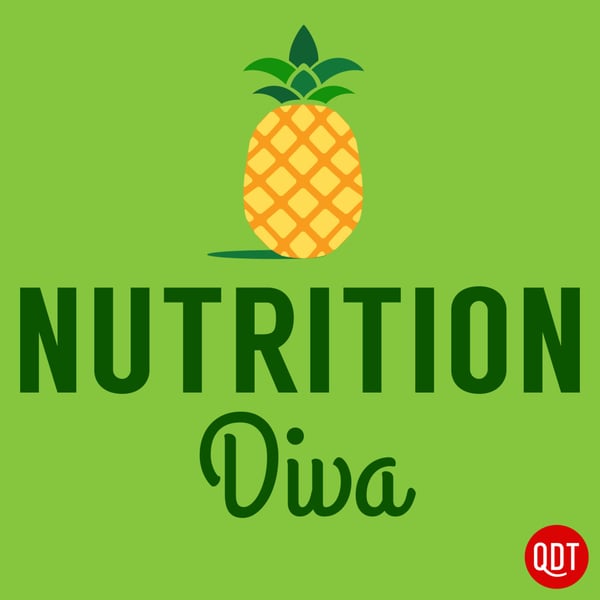Is nutrition a fake (or failed) science?
Nutrition Diva
Macmillan Holdings, LLC
4.3 • 1.7K Ratings
🗓️ 19 July 2023
⏱️ 12 minutes
🧾️ Download transcript
Summary
Transcript
Click on a timestamp to play from that location
| 0:00.0 | Hello, and welcome to the Nutrition Diva podcast. I'm your host, Monica Reinagel. And this |
| 0:10.2 | week, we are celebrating a pretty big milestone, 15 years of doing this show. A milestone |
| 0:17.1 | that I certainly didn't anticipate reaching when we launched this show back in 2008. For |
| 0:23.4 | one thing, I wondered whether I might run out of things to talk about after 50 or 100 |
| 0:28.3 | episodes, but I needn't have worried. From the very beginning, this show has focused |
| 0:33.7 | on providing more clarity around some of the mercier areas of nutrition science, debunking |
| 0:40.2 | common nutrition myths, scrutinizing questionable claims, and attempting to put sensational |
| 0:46.6 | media coverage of nutrition research into perspective. And so far, I haven't run out |
| 0:52.4 | of myths, questionable claims, or sensational media coverage. It seems, therefore, fitting |
| 0:59.9 | to observe this anniversary by responding to a recent op-ed in the New York Times that |
| 1:06.0 | questioned the very legitimacy of nutrition research. So I have a rule of thumb that |
| 1:12.6 | if I received the same question or forwarded news story from more than three listeners |
| 1:17.7 | in a single day, that topic gets an episode. Well, four of you sent me this particular |
| 1:23.7 | article within a single hour. The article that got everyone's attention was penned by |
| 1:28.6 | two researchers from Harvard Medical School, so heavy hitters, and the points that they |
| 1:34.0 | were making weren't exactly new. Research into how foods and dietary patterns affect human |
| 1:40.6 | health has always been hamstrung by the challenges inherent in conducting properly controlled |
| 1:46.8 | experiments on living human subjects. The only way to really control a subject's diet, |
| 1:54.6 | not to mention the other variables that might have an impact, such as sleep, movement, |
| 1:59.6 | and a thousand other artifacts of our daily life, is to confine them to a laboratory setting |
| 2:05.7 | for the duration of the experiment. Second best, perhaps, would be to provide every single |
| 2:12.4 | thing they eat and drink, and then either put them on the honor system or somehow monitor |
... |
Please login to see the full transcript.
Disclaimer: The podcast and artwork embedded on this page are from Macmillan Holdings, LLC, and are the property of its owner and not affiliated with or endorsed by Tapesearch.
Generated transcripts are the property of Macmillan Holdings, LLC and are distributed freely under the Fair Use doctrine. Transcripts generated by Tapesearch are not guaranteed to be accurate.
Copyright © Tapesearch 2025.

